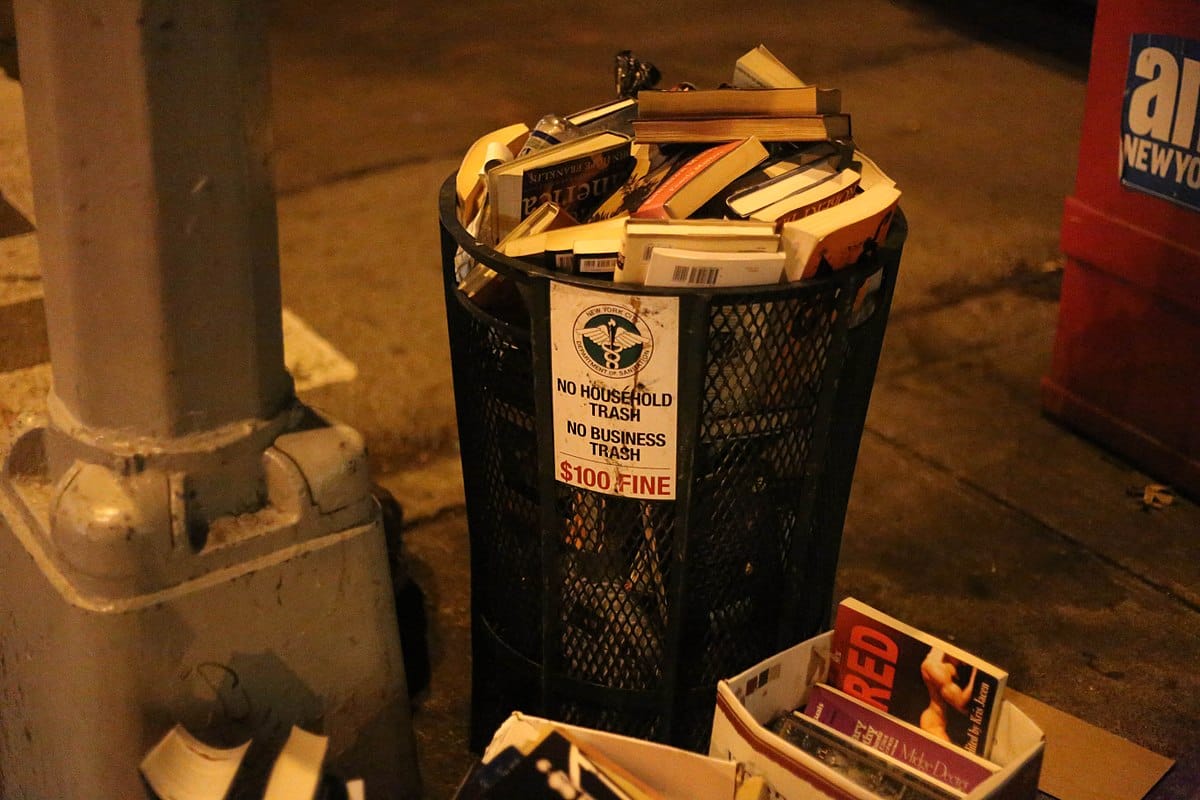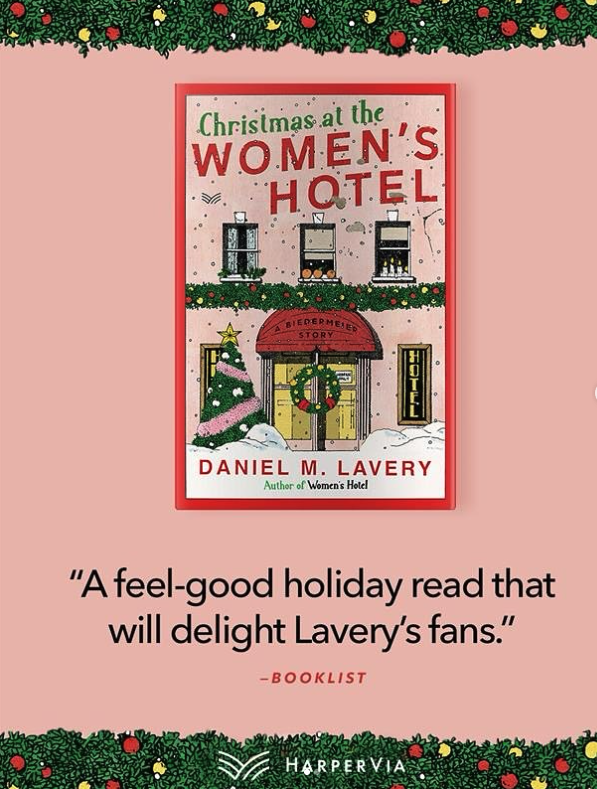How To Be An Author: Book or Books?

Hi Y'all,
A prompt went around Bluesky this weekend, started by Rachel Feder, and it promptly broke containment. Of course I had to chime in. (Chiming in is my favorite.)
Throw away the first book you write.
— Kate McKean (@katemckean.bsky.social) 2025-10-13T20:57:30.737Z
I knew people would react to this. (That's the point of... all social media???) and the more people 😭😭😭'd to the post, the more convinced I became that this is a foundational principle of being an Author. You will 1000% meet people who published the first book they wrote and it will have hit the List and been made into a movie and all that jazz. A "rule," or rule of thumb at least, does not have a 100% hit rate. If it's 80% it's still worth following.
You should throw away the first book you write. Yes, you can save it on a hard drive somewhere. Have it printed and bound if you want! Throw it away here means do not pursue the public consumption of it. I do not suggest even self-publishing it because therein lies the hidden hope that someone will discover it and the genius of your prose will overcome all the odds and you will be made into the literary star you were meant to be. (Don't lie. You know that fantasy has crossed your mind.) Put it away. Trunk it. Leave it on the shelf. It will be ok, I promise.
I speak from experience. The first full-length novel I ever wrote was a YA novel about teens who build an app and their social climbing friend compromises all their user data and burns it to the ground. There's a robot at the end that's kinda like Conky from PeeWee's Playhouse. I legit do not remember why I put a robot in the end. It was well over a decade ago. Who knows what I was thinking.

I did, however, know instantly that this book would be outdated, technology-wise, long before it would ever be published and that was enough for me to trunk it. I write a lot more about this (and all the other books I've written that didn't get published) in my book, so check there if you want to hear more. But long story short, I knew it wasn't going to work so I moved on to something else. I didn't want to go through the whole process or editing and querying and submitting just to be told something I already knew.
So I wrote something else. Did it hurt to leave that project behind? Yes. Did I survive? Yes. I did not crumble into dust. I did not exhaust all my creative reserves, leaving only a dried out husk of a writer behind. It took a minute, but I wrote more, and more, and more. That's really the only thing it took from me: time. We don't have infinite time. But sometimes spending what time we have writing something else is a better use of it than trying to beat a manuscript into submission.
You might not know you should trunk your first (or your third) book until you've already gone through the whole rigamarole of editing and querying and submitting. Or, you might not get past the querying stage. That also sucks, but it's not wasted time. That book I trunked gave me much more than it took from me. It showed me that I could actually finish a long project and thus confidence to do it again. It gave me experience so I could do it better next time. It showed me how I write a book and what things do and don't work for me. It gave me practice in character building, plotting, and dialog. I even edited it myself a few times and I got practice there, too. Even if it didn't get published, it was one of the most valuable writing experiences of my life. It made the book I did get published easier to write.
You don't have to trunk your first book, but it's usually the best one to trunk. It's when you're learning. It's before you realize you use really, just, almost, seems, and about in every other sentence. It's when you try a bunch of shit to see if it works but don't necessarily have the experience to make it work as you go. This is NORMAL. We've all had the first cake we ever baked come out wonky. We've all tried to knit a scarf that mysteriously gets wider and wider as you go along. We've all made a thing, scrapped it, and started again. It hurts more with a book, because it takes so much longer to make, but it has to be done sometimes. And you're always better for it.
To think like an Author, you have to take a step back and look at your whole career, not just one book. An Author's career indeed includes all the books they write and don't publish. (I mean, you have to have something to donate with all your other papers to some famous library one day.) Some books are written, rest for many years, and are resurrected. Some books come out fully formed and rush off to the printer. Some books are slowly nurtured line by line. You can have experiences like this throughout your career. You're not going to write a book one way and replicate it like a machine forever and ever. You aren't a robot. We don't need robots to write books. Cough, cough.
Being an Author takes patience, maturity, self-reflection, and guts. Sometimes you have to do a hard thing you hate, that you don't want to do, that makes you sad. I don't have a fix for those hard feelings. That's just life. Authors feel those feelings and pick themselves up and try again. Some get up quickly. Some get up slowly. Some don't get up and that's also a choice you can make. You don't have to write a book. You don't have to publish a book. It's not a race and you're not already behind. The process is not fair, easy, or equitable. I'm sorry. Publishing doesn't make you a writer, or an Author, and it can't stop you from being one, either. If one book isn't helping you achieve your goals, try another one. You can be the Author of a book. Or you can be the Author of several books. You choose.
Happy pub day to Danny Lavery and CHRISTMAS AT THE WOMEN'S HOTEL!

It's never too early for a cozy, smart, hilarious holiday read.
From my trunk of discarded manuscripts to yours,
XOXOXOXOXOX
Kate

Comments ()